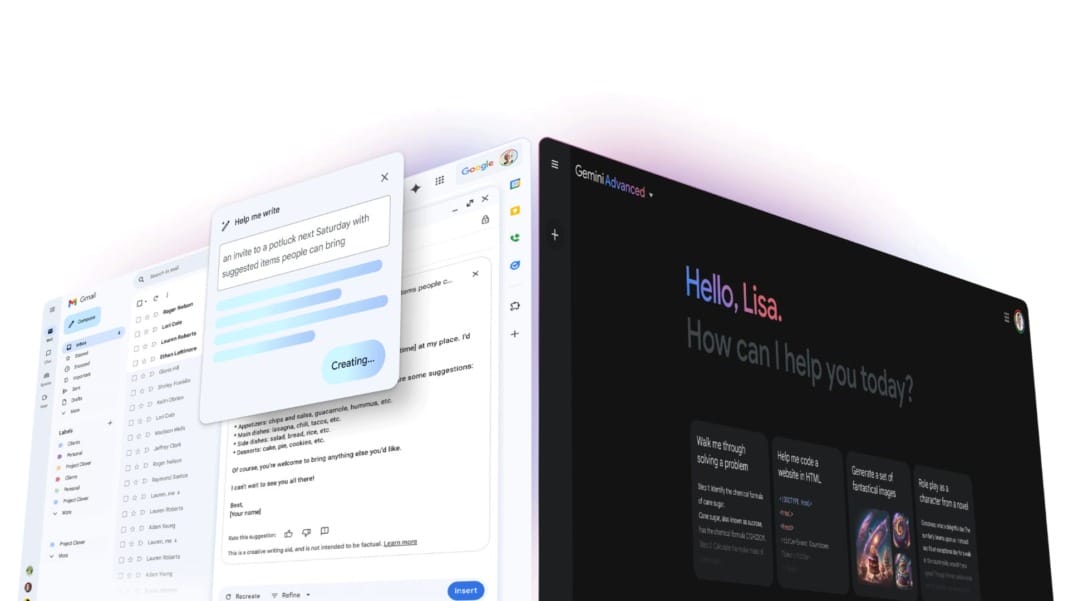Google is now facing a class action lawsuit, alleging that it collected users’ data through its Chrome browser without obtaining proper consent. On Tuesday, a federal appeals court reversed a December 2022 ruling that had previously dismissed the case. The court determined that the lower court had failed to evaluate Google’s disclosures correctly and whether a reasonable user would believe they were consenting to data collection by using the browser.
The allegations against Google
Initially filed in 2020, the class action lawsuit alleges that Google unlawfully gathered data from Chrome users, even if they had not enabled Chrome sync. Chrome’s sync feature is designed to save bookmarks, passwords, open tabs, and other data to your Google account, allowing you to access this information across multiple devices when signed into Chrome.
However, the plaintiffs in this case argue that Google collected far more data than users knew. According to the lawsuit, Chrome “intentionally and unlawfully” sent Google users’ browsing history, IP addresses, persistent cookie identifiers, and unique browser identifiers without obtaining explicit permission from users. The plaintiffs argue that this constitutes a violation of user privacy, as they were not fully aware of the data being collected or how it was being used.
Conversely, Google has maintained that users consented to this data collection by accepting the company’s privacy policy. Judge Yvonne Gonzalez Rogers, who initially dismissed the case, supported this view, stating that Google had adequately disclosed its data collection practices and that the plaintiffs had consented by agreeing to the terms.
The court’s reconsideration
Despite the initial dismissal, the appeals court, led by Judge Milan D. Smith Jr., ruled that the case should be reconsidered. Judge Smith noted that the previous ruling did not fully consider whether users understood the implications of agreeing to Google’s privacy policy. He pointed out that while Google did have a general privacy disclosure, the company also promoted Chrome in a way that could lead users to believe that certain information would not be sent to Google unless they had explicitly enabled Chrome sync.
According to Judge Smith, this discrepancy warranted a closer examination of Google’s disclosures and whether they were sufficiently clear for users to make an informed decision about their data. As a result, the case will now be sent back to the lower courts for further review, where the arguments and evidence will be reconsidered.
Google’s response
Google has expressed disagreement with the appeals court’s decision. Google spokesperson José Castañeda said, “We disagree with this ruling and are confident the facts of the case are on our side. Chrome Sync helps people use Chrome seamlessly across their devices and has clear privacy controls.”
Castañeda also pointed out that Google will soon make changes that no longer require users to enable Chrome sync to access saved information. However, he emphasised that these changes are unrelated to the ongoing litigation. The lawsuit’s outcome could have significant implications for how tech companies disclose their data collection practices and the level of transparency required to ensure user consent.
This case highlights the ongoing debate over user privacy and tech companies’ responsibilities to be transparent about their data collection practices. As the case returns to the lower courts, it will be closely watched by both privacy advocates and the tech industry.





